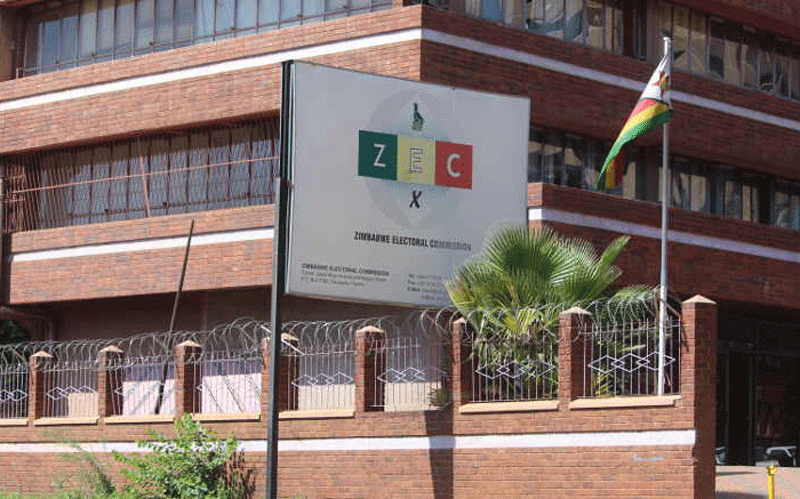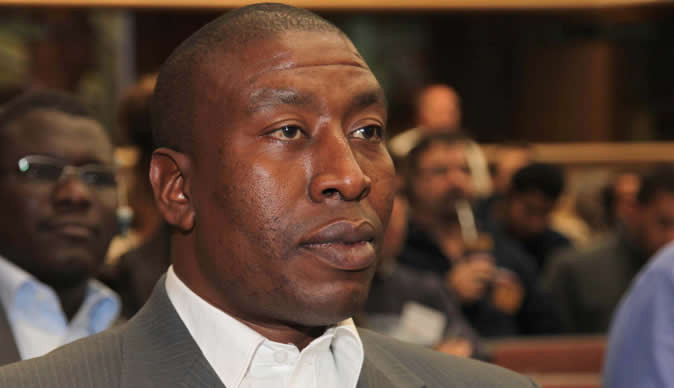
WHILE Zimbabweans are still grappling with the disputed elections that were won by President Emmerson Mnangagwa, the reality of our economic problems should be starting to sink in, and it looks grim.
The election season is over and those who won have the duty to govern without excuses. All the promises that were made to the electorate now must be implemented. It is the implementation of promised programmes that help strengthen democracy and reduce voter apathy in future elections.
The Zimbabwe Electoral Commission in announcing the presidential results said that voter turnout nationally was at 68%.
In simple terms, nearly seven out of every ten registered voters came out to exercise their right to vote.
Numbers could be higher if politics is made attractive — no violence, even playing field and based on meritocracy than the current system where the brave and popular have an unfair advantage over others.
However, like a game of poker you deal with the hand that you have been dealt with. Zimbabwe must have a government, a government that should be equal to the tasks before it. Among the tasks is the problem of debt resolution. Zimbabwe is heavily in debt, and it still needs new lines of credit to stimulate the economy.
By the end of September 2022, Zimbabwe national debt was at US$17,6 billion according to the National Debt Statement tabled in the National Assembly by the Treasury. The debt was equivalent to about 70% of the gross domestic product. This was and still is unsustainable because Zimbabwe is not producing and has limited exports — usually raw commodities.
Mnangagwa and Finance minister Mthuli Ncube realised that debt was the elephant in the room.
- Budget dampens workers’ hopes
- Govt issues $24 billion Covid-19 guarantees
- Letter to my People:They have no answers for Nero’s charisma
- ZMX to enhance farm profitability
Keep Reading
It was beginning to affect growth and sooner or later Zimbabwe will have to default on debt or have it restructured. To that end, they appointed former Mozambique president Joachim Chissano as a special envoy on debt restructuring. Zimbabwe also appointed African Development Bank president Akinwumi Adesina as the champion of the arrears clearance and debt resolution process.
Zimbabwe owes a number of institutions. It owes the multilateral institutions like the Bretton Woods, European Development Bank and the African Development Bank.
It also has bilateral debts with the Fishmonger group — a group of lenders that include the US and UK among others. And most of the debt has accumulated penalties. It would be bad not to highlight that Chinese debts are falling due starting the first half of 2024, further putting pressure on Zimbabwe’s economy.
It is in that context that Chissano is negotiating debt relief. A couple of months ago, Chissano came to Zimbabwe and was blunt that Zimbabwe’s creditors had said political reforms and the holding of free, fair and credible elections were some of the conditions to have debt restructuring meetings.
It is neither here nor there that the August 23 elections were condemned by many observer groups including Sadc and the European Union as falling short of national and regional guidelines on the conduct of elections.
In short, Zimbabwe had shambolic elections and thus failed to meet the conditions set by its own constitution and creditors.
This is the sad reality that confronts the new administration. They don’t have access to concessionary loans for large public sector projects from the multi-lateral financial institutions. In any event, Zimbabwe has slowly fallen into the category of a bad debtor, and no-one wants to extend loans to it without some form of collateral.
For Zimbabwe to meet the Upper Middle-Income status by 2030, it needs massive infrastructure projects such as new energy sources, fresh water sources, improved roads, telecommunications infrastructure, public education and medical facilities.
These things need money, big money to be exact. Zimbabwe is unable to repay what it currently owes without debt relief earlier spoken about. It cannot further tax the few formally employed people since they are already carrying a disproportionate share of the tax burden.
Most of the new players, especially in the mining sector have been granted five-to-ten-year tax holidays as an incentive by the Mnangagwa regime. The thinking behind being that there shall be a trickle-down effect of the investments. Often, no benefits arise as most disinvest soon after the tax holiday ends.
The looming electoral dispute between Mnangagwa and the opposition Citizens Coalition for Change does not augur well for the country. It will further stifle development.
It, therefore, becomes important that some form of political pact be found between the protagonists. Such an arrangement will give some breathing space to the country, allow it to negotiate debt relief and spur some new economic growth.
Besides dealing with the debt issue, Mnangagwa must deliver on his promise to deal with corruption. Corruption is bleeding the country, and this cannot be allowed to continue. The government procurement systems must be improved and made more efficient.
And above all, there should be a new working culture in the civil service. It can’t be business as usual. The Treasury must release disbursements and departments must spend on budgeted items. Service delivery should be seen to be taking place.
One more thing, Mnangagwa should be brave enough and bite the bullet on debt audit. Zimbabwe must audit its debts, how they were contracted and where was the money used? This is important for the country, and it will send the right signals that the government means business.
Mnangagwa must look in the eye at the twin beasts of ballooning national debt and pervasive corruption in the public sector. He should lead a clean administration and above all find some common ground with the opposition.
It remains to be seen whether Mnangagwa has the spine to confront the ills, take decisive action and be able to send Zimbabwe on an economic recovery trajectory. Failure to deal with debt and corruption will be Mnangagwa’s nadir.
Paidamoyo Muzulu is a journalist based in Harare. He writes here in his personal capacity.









